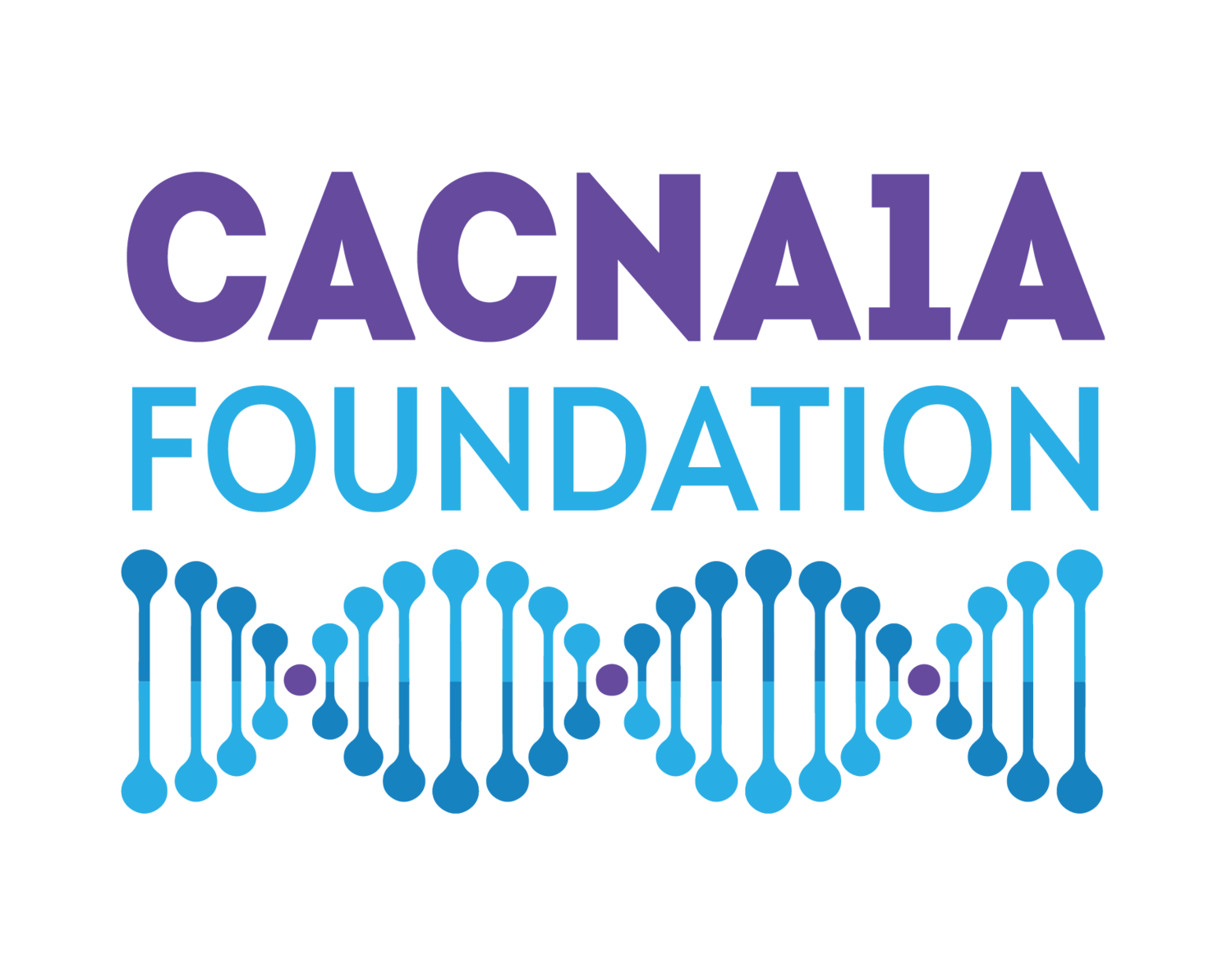Development of an in vitro compound screening assay utilizing an electrophysiological fingerprint in induced pluripotent stem cell-derived neurons carrying a CACNA1A gain-of-function variant
$50,000 Grant | Awarded September 2023
Bart van de Warrenburg, M.D., Ph.D. | Principal Investigator, Radboud University Medical Center, Donders Institute for Brain, Cognition and Behaviour
Marina Hommersom | PhD Candidate, Radboud University Medical Center, Donders Institute for Brain, Cognition and Behaviour
Abstract: Missense variants in CACNA1A lead to a broad spectrum of phenotypes, including ataxia, migraine and epilepsy. CACNA1A encodes the pore-forming subunit of the P/Q-type voltage-gated calcium channel, Cav2.1, and missense variants in this gene lead to loss- or gain-of-function of the channel. Heterologous cell and animal models have been very instrumental for investigation of the effects of missense variants on channel and neuronal function, but lack the physiological context and human background, respectively. Our preliminary data indicates that CACNA1A loss-of-function in induced pluripotent stem cell (iPSC)-derived neuronal networks leads to a decreased firing rate and network synchronization, whereas intrinsic excitability is enhanced on single cell level. In this proposal, we aim to investigate the effect of a CACNA1A gain-of-function variant on the neuronal network activity. We propose to generate two pairs of isogenic iPSC lines carrying a gain-of-function variant. These iPSCs will be differentiated to cortical neurons to examine their electrophysiological properties. To gain insight into any potential differential effects of Cav2.1 loss- versus gain-of-function on neuronal activity, these properties will be compared to our loss-of-function dataset. Moreover, we will explore the therapeutic option to inhibit Cav2.2 to counteract the gain-of-function of Cav2.1. Eventually, this work will establish the electrophysiological fingerprint of a gain-of-function variant in iPSC-derived neurons and potentially identify a new personalized treatment strategy for CACNA1A patients. In a larger scope, this research will advance the development of an in vitro compound screening assay as a paradigm for precision medicine within the CACNA1A disorder spectrum.
Dr. van de Warrenburg is a neurologist and principal investigator in the Dept of Neurology at Radboud University Medical Center and the Donders Institute of Brain, Cognition, and Behavior. He is also the head and founder of the Expert Centre for Rare and Genetic movement disorders. In care and research, he focuses on rare and genetic movement disorders. He is actively involved in many international committees and task forces and in advisory boards of national patient organizations for various movement disorders. Van de Warrenburg leads or participates in many research projects, including those run by European consortia. His own research group does translational research on rare and genetic movement disorders, with a focus on mechanism-based interventions and trial-readiness.
Marina Hommersom is finishing up her PhD work under the mentorship of Dr. van de Warrenburg where she has focused on using iPSCs to study the impact of CACNA1A variants on brain circuitry and synaptic transmission.


